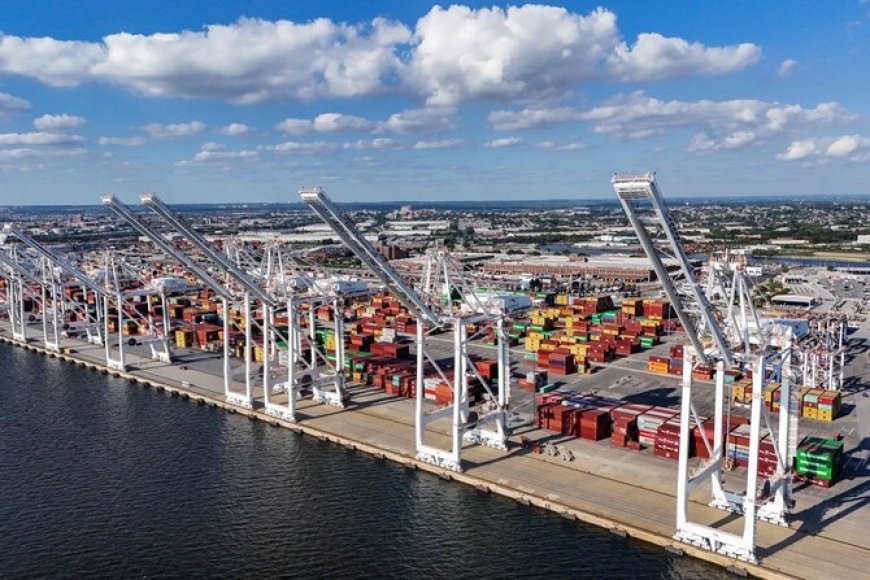US Dockworkers Suspend Strike, Extend Negotiations Until January 15

In a significant development, the union representing 45,000 dockworkers at East and Gulf Coast ports has agreed to suspend their three-day strike and resume operations until January 15, 2024. This temporary halt in the strike is intended to provide additional time for negotiations over a new labor contract. The International Longshoremen’s Association (ILA), which initiated the strike earlier this week, announced the decision late Thursday in a joint statement with port officials.
The strike, which began following the expiration of the workers' contract, has been driven by two primary issues: disputes over wages and the growing push toward automating tasks at the ports. While an agreement on wages was reportedly reached, no specifics were provided, leaving the more contentious issue of automation unresolved. The workers have expressed deep concerns that increased automation could lead to significant job losses and diminished bargaining power in the future. As automation has been a growing trend in global shipping, the resolution of this issue will have far-reaching implications not only for the workers involved but for the shipping industry as a whole.
The strike, impacting 36 ports from Maine to Texas, came during a critical period for retailers and consumers. With the holiday shopping season in full swing, the stoppage posed a serious risk to the flow of goods into the United States. These ports handle roughly half of the nation’s cargo, making them crucial for the distribution of goods across the country. Had the strike continued for several weeks, it could have caused widespread delays in restocking store shelves, potentially leading to shortages in retail and other supply chains.
However, many retailers had prepared for the potential disruption by stocking up and shipping products earlier than usual. The swift suspension of the strike has mitigated fears of any immediate impact on consumer goods, but the looming deadline in January keeps the situation on edge. With critical issues still unresolved, the next round of negotiations could either bring long-term stability or reignite the labor unrest that has shaken the industry in recent months.
As both sides head back to the negotiating table, the future of U.S. port labor remains uncertain. The ILA’s concerns over automation reflect broader anxieties about technology’s role in reshaping traditional industries. Should the talks fail to produce a resolution by January, the risk of another strike — this time, potentially more prolonged — could become a reality once again, threatening both the shipping industry and the broader economy.













































